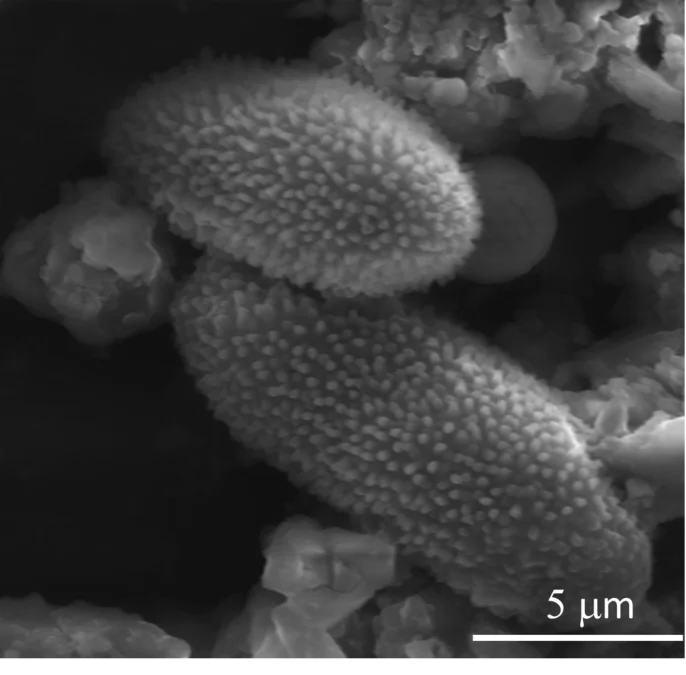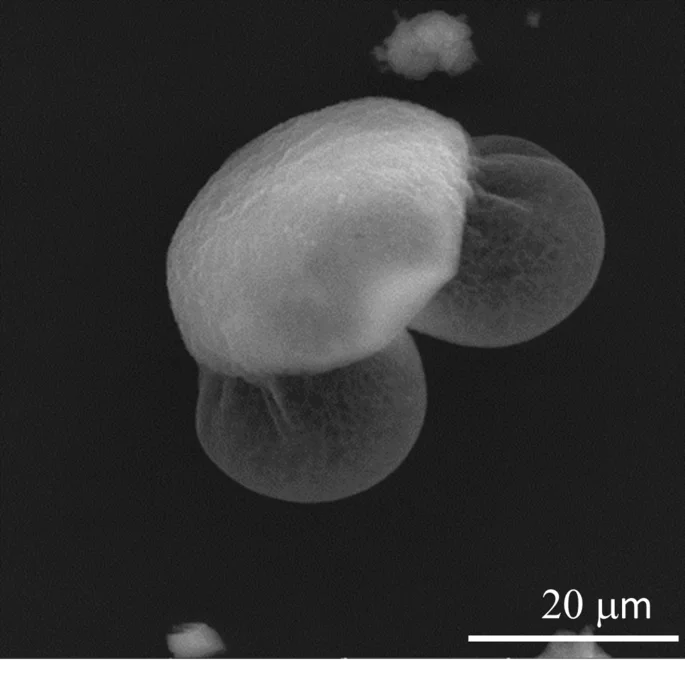Lubna Dada, Scientist at the Laboratory of Atmospheric Chemistry (LAC) at the Paul Scherrer Institute (PSI) was granted the Ambizione Grant 2023 with her project “Biological Particle Sources and Impact (BioPSI)”. Lubna’s journey of her visionary research project “BioPSI” is set to commence in January 2024, with the anticipation of welcoming a PhD student into the project.
Research Motivation
Lubna's set out to unravel the intricate relationships between biological particles in the atmosphere and their impacts on both climate and air quality. The "BioPSI" project’s name stems from Lubna's approach of taking a biopsy of the atmosphere, in order to dive into its secrets to figure out what makes the atmosphere tick. This involves an examination of atmospheric particles sourced from trees, vegetation, viruses, bacteria, pollen grains, and spores—culprits of allergies. The exploration spans diverse locations, from agricultural Payerne in Switzerland to the varied atmospheres of Italy, Norway and Greece. By understanding the chemical composition and seasonal patterns of these bioaerosols, the project aims to clarify the connections between these airborne bits and pieces and how they affect our climate.
The Idea Behind
At the heart of the BioPSI project are revolutionary "bring-lab-to-field" and "bring-field-to-lab" approaches. Instruments from the PSI laboratory will be brought to Payerne, where high-resolution sampling will take place in spring and autumn. At the same time, air samples will be collected in Norway, Italy, Greece and Switzerland and brought to the lab at PSI for detailed analyses. Working with scientists and using high performance mass spectrometers, the research team aims to distinguish between different types of bioaerosols based on their chemical composition and behaviour. This knowledge will be crucial to understand their role in cloud formation - a process that, intriguingly, has found that trees, for example, can form their own clouds as they emit aerosol particles that also serve as cloud seeds.
Picture Source: Dada et al. 2013, Journal of Aerosol Science, 66, 187-192
Furthermore, Lubna's research is not only about unveiling the mysteries of atmospheric particles but also about addressing a substantial uncertainty in climate science. Current reports suggest that aerosols contribute to cooling the climate, but a notable margin of error exists. Lubna's project seeks to narrow down this uncertainty, offering insights into the precise impact of a subfraction of aerosols on our climate.
Research Impact
The impact of Lubna's research is wide-ranging. Firstly, by identifying sources of bioaerosols, the project aims to raise awareness on the effect of natural aerosols on air quality, particularly on the sources triggering the emissions of these types of particles e.g. agricultural practices. Secondly, with a keen eye on climate change, the project will investigate the link between emissions from vegetation and their influence on cloud formation, a crucial aspect in understanding climate impacts. The chosen sites in Italy, Switzerland and Norway map a path into the future, anticipating vegetation migration due to climate change.
As the "BioPSI" project unfolds, Lubna envisions not just a scientific exploration but a profound contribution to climate science. She expresses, “This grant signifies not only a position for the next four years but also offers a unique opportunity for independent research and the prospect of nurturing future scientific minds, thanks to the Swiss National Science Foundation for the funding and LAC for hosting and supporting my project”. For those inspired to join this transformative journey as a PhD Student, contact Lubna.dada@psi.ch and be part of shaping the future of atmospheric science!
https://www.psi.ch/en/lac/projects/biopsi
Text: Michelle Kalousek




